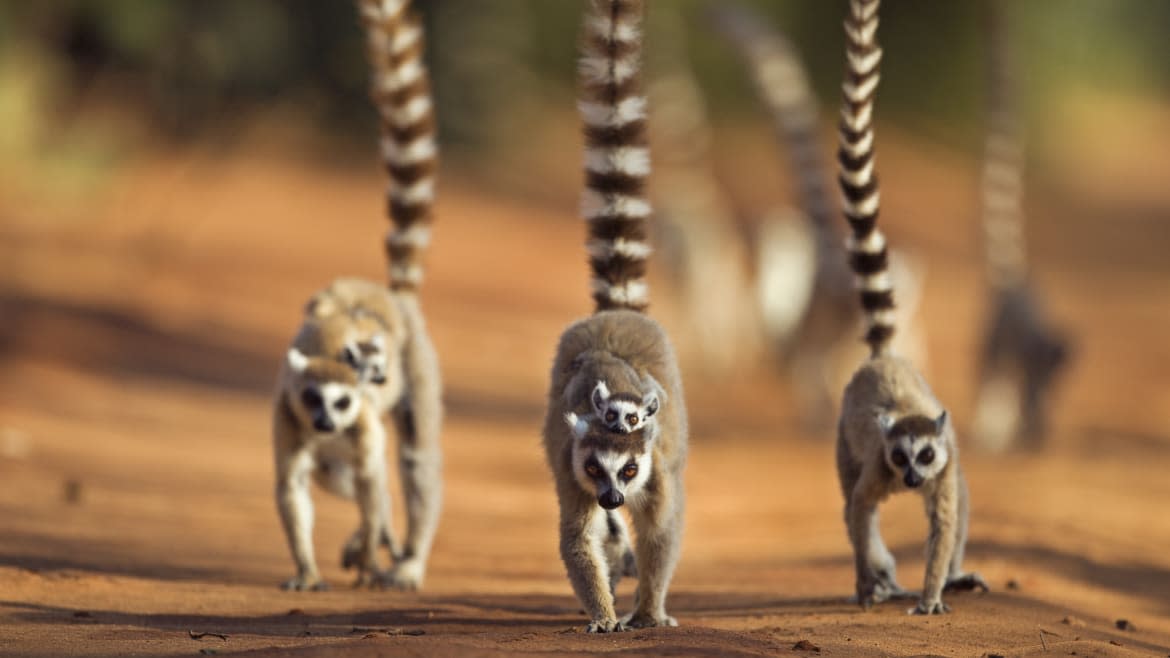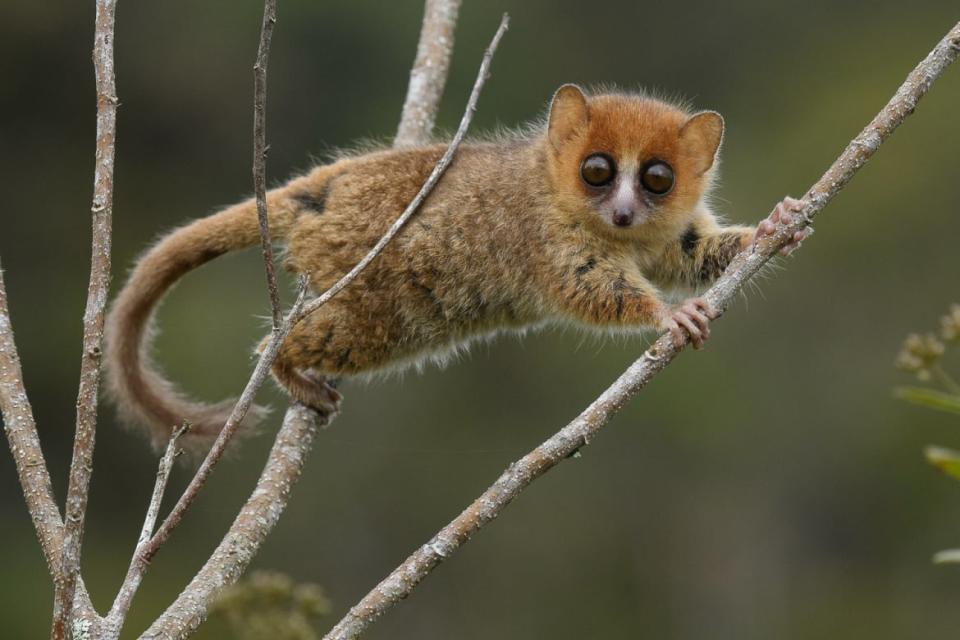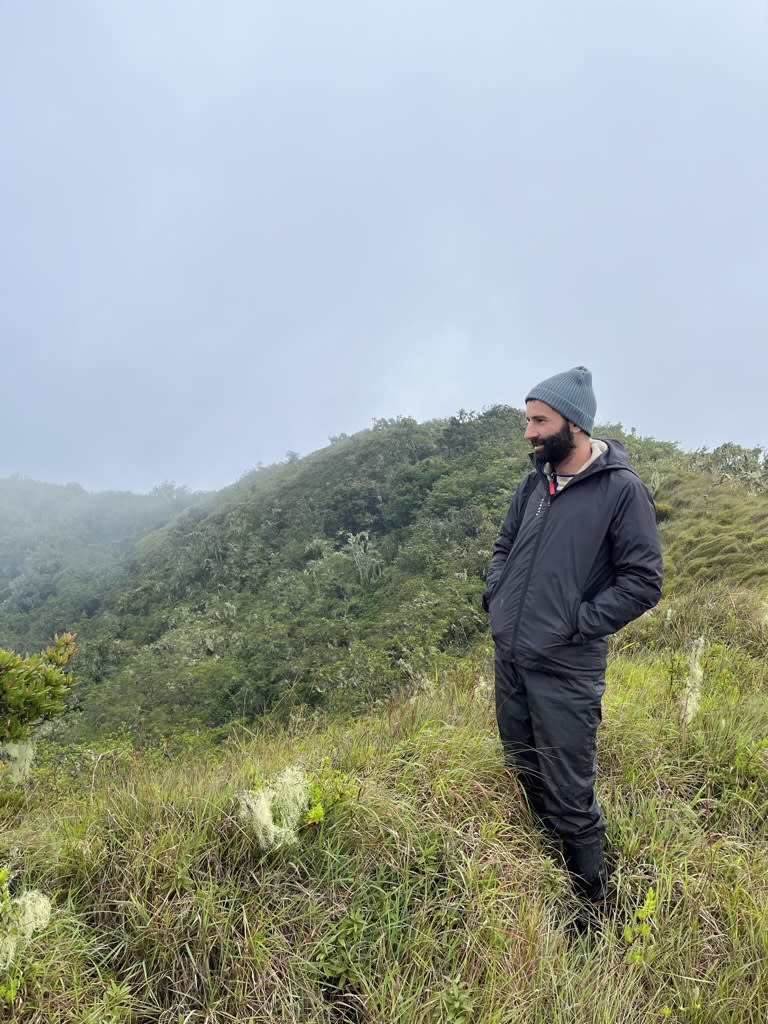Extinctions Might Screw Up Madagascar for 20 Million Years

When it comes to biodiversity, Madagascar is unmatched. The East African country is home to some of the most diverse—and eye-popping—plants and animals in the world. Due to its relative isolation, many of the species that have thrived on the island evolved only in Madagascar and nowhere else. This has resulted in a veritable explosion of species that have mostly thrived in peace on the island for millions of years.
However, the country’s biodiversity now faces some of the biggest existential threats ever.
In a paper published Jan. 10 in the journal Nature Communications, researchers found that Madagascar’s biodiversity will require millions of years to bounce back to levels before the arrival of humans if conservation and environmental protection efforts aren’t implemented soon. Additionally, if currently endangered species were lost, it might take tens of millions of years longer to recover the species levels.

Species like the Brown Mouse Lemur are threatened by humans destroying its native habitats and ecosystems.
“Our impact on nature has consequences that can take millions of years to recover from,” Luis Valente, an evolutionary biologist at the Naturalis Biodiversity Center and University of Groningen in the Netherlands and co-author of the study, told The Daily Beast. “Even places that we think are isolated and ‘pristine’ can quickly become highly threatened.”
The reason biodiversity is so crucial is fairly straightforward: the more species there are, the healthier ecosystems are. With more plants, animals, and microorganisms, there’s more food, water, and clean air for everyone. In places with relatively little species diversity, the ecosystems become a lot more fragile, and the smallest changes can wreak havoc in all kinds of ways. That’s why the researchers’ findings are so alarming.
The team paired statistical modeling with a genetic dataset with 249 living and recently extinct mammal species, which included those that went extinct after humans arrived to Madagascar such as the giant lemur and dwarf hippo. This allowed them to “estimate the natural rates of evolution on the island and predict how long it would take to get back to pre-human levels,” Valente said.

Luis Valente believes that conservation efforts are more important than ever to save Madagascar's biodiversity for the long haul.
In all, they found that it would take roughly 3 million years for the country to get the same number of species back to where they were before humans arrived and mucked everything up. However, it would take 20 million years if living species such as the ring-tailed lemur were killed off.
It’s important to note that when we talk about species loss, we’re not talking about recovering extinct or even current species—just the amount of species there are on the island. “It is unlikely that the same species will re-evolve,” Valente said. “However, it is conceivable that new species with similar characteristics as extinct species could potentially evolve or re-colonize the island.”
Luckily, Valente noted that “it is still well within our reach to protect 20 million years of evolution” if conservation efforts were ramped up soon. He explained that strategies such as “improving the livelihoods of the Malagasy people and promoting sustainable agriculture” and “increasing the protected area network and improving monitoring of the existing protected areas” would go a long way in conserving living species.
So, as is the case with so much human impact on the environment, there’s still time to reverse the very worst consequences. If we fail to act, we might end up gutting one of the most biodiverse countries in the world.
Got a tip? Send it to The Daily Beast here
Get the Daily Beast's biggest scoops and scandals delivered right to your inbox. Sign up now.
Stay informed and gain unlimited access to the Daily Beast's unmatched reporting. Subscribe now.

